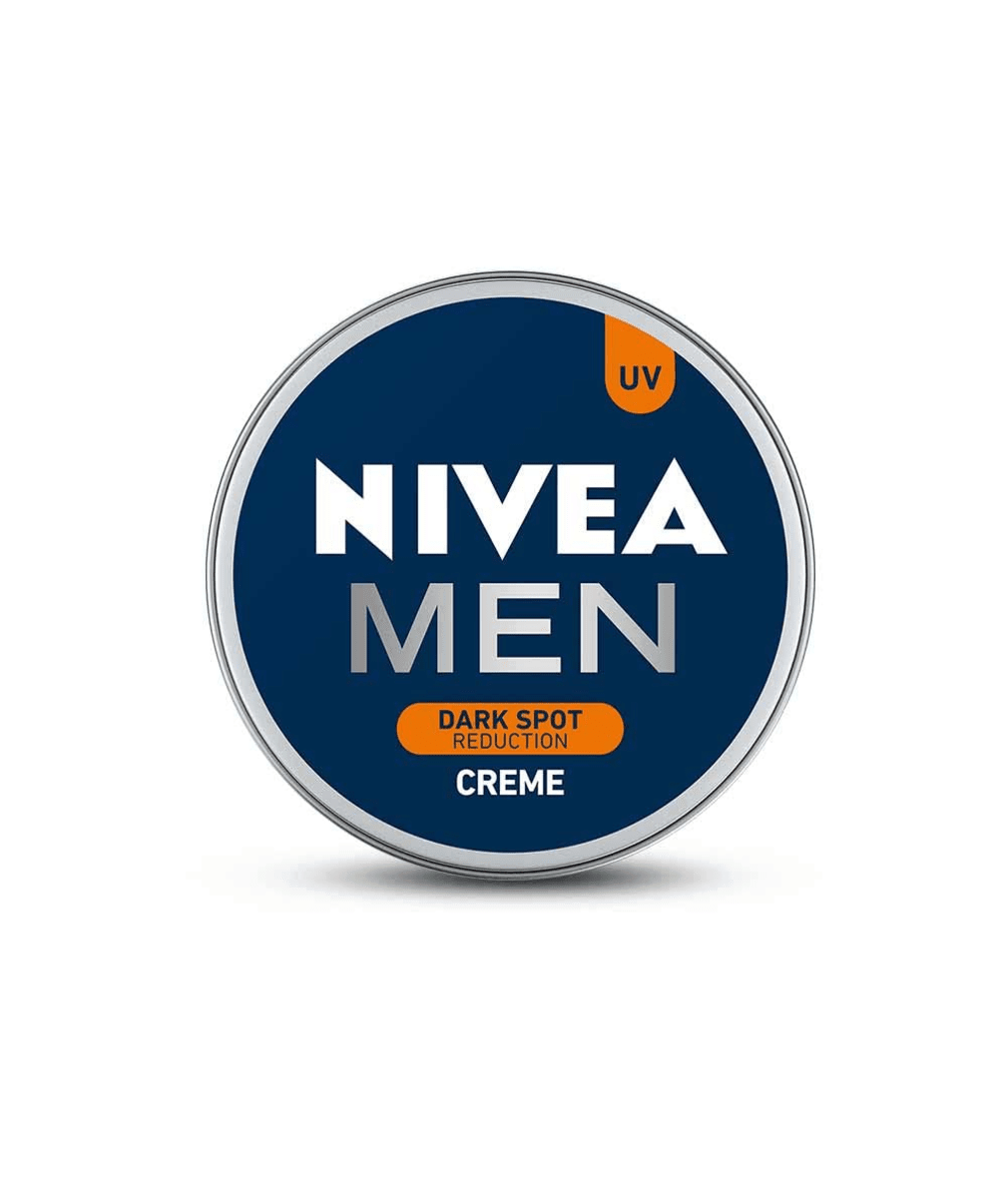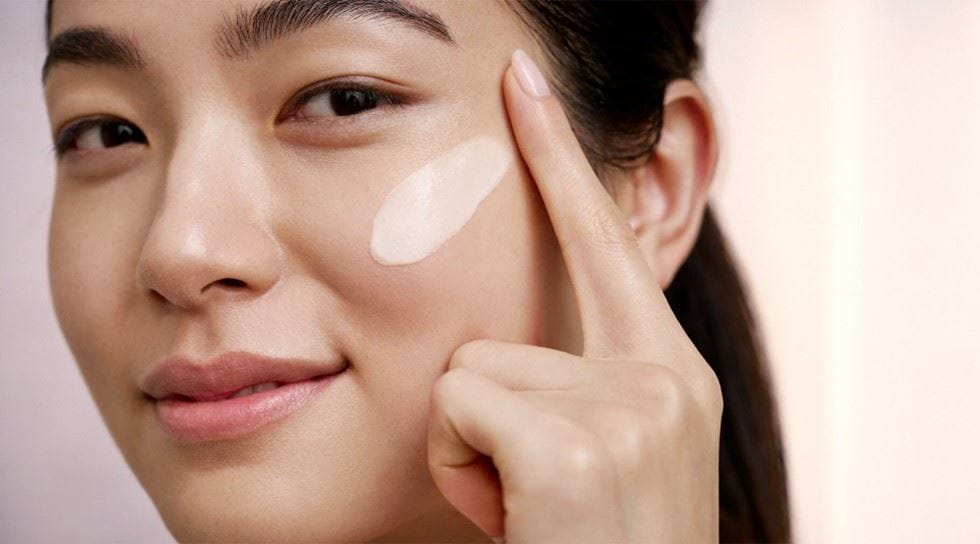
Hyaluronic Acid for Skin: Benefits, Usage & Why It’s a Skincare Staple
Skincare doesn’t have to be complicated. Sometimes, the most effective solutions are the simplest. Hyaluronic acid for skin is one of those ingredients that has earned a place in many skincare routines, and for good reason. It helps keep the skin soft, smooth, and healthy. Whether you’re just starting your skincare journey or want to improve your current routine, hyaluronic acid is a great addition.
This blog explains what is hyaluronic acid, how it works, and how you can include it in your daily routine. We’ll also take a look at its different types, how it helps with specific skin concerns, and the trusted products from NIVEA that contains it.
What Is Hyaluronic Acid?
Why Does Hyaluronic Acid Matter for Skin Health?
7 Key Benefits of Hyaluronic Acid for Skin
Here are the important hyaluronic acid benefits for the face:
Types of Hyaluronic Acid
Different skincare products use different forms of this ingredient. Understanding the types of hyaluronic acid can help you pick the right one for your needs.
How to Use Hyaluronic Acid in Your Daily Routine (A 5-step guide)
If you want to include this ingredient in your daily skincare and don’t know how to use hyaluronic acid, here’s a simple and effective routine you can follow:





